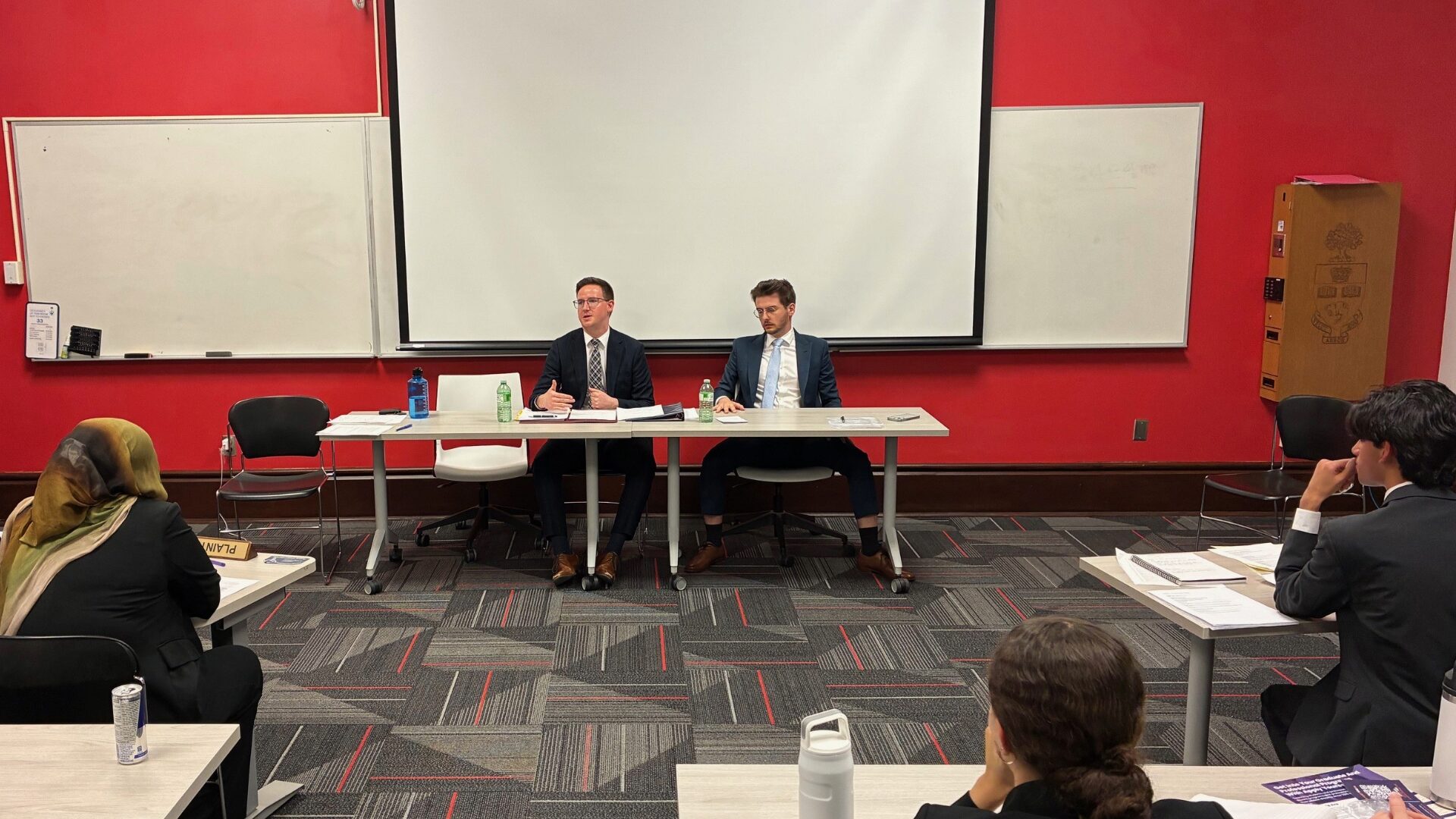In our first three commentaries on the residential title insurance polices available today we discussed two coverages – “Building Permit” coverage and its sometimes related “Local Authority Search” coverage. While these coverages can be of use to insured homeowners who discover construction defects there are exclusions that readers need to recognize.
Colloquially these exclusions are referred to as: (1) “Suffered, Created or Assumed”; (2) “Known to the Insured but not the Insurer” and (3) the “Police Power” exclusion. I will discuss the “Police Power” exclusion in my next Commentary.
Chicago Title’s Residential Policy excludes:
- Risks
(a) that are created, allowed or agreed to by You, whether or not they are registered in the Public Records
Put plainly if you contracted to buy your house subject to a registered, or an unregistered, easement in favour of your neighbour you can’t then seek compensation under the Policy. Similarly, if you bought your house despite the Vendor having disclosed to you that the Municipality had just issued a Work Order the Insurer will deny coverage. The policy assumes in both these instances that you were aware of these “flaws” and they either did not bother you at the time or you were able to negotiate a discount. You agreed to them and can’t then look to the Insurer for compensation.
Chicago Title’s Residential Policy also excludes:
- Risks
(b) that are actually Known to You, but not to the Company, on the Date of Policy, unless they are registered in the Public Records at the Date of Policy
As with any type of insurance you can’t expect compensation if you failed to disclose something you knew to your Insurer. Insurance contracts are contracts of “utmost good faith” (“uberrima fides”) meaning both sides need to be totally honest with each other as they enter the contract, during the contract, and during any claims process(es). Note we again have some defined terms to deal with. “Known” is defined by Chicago Title as “Actual knowledge, not constructive knowledge or notice that may be imputed to an Insured by reason of the Public Records or any other records that impart constructive notice of matters affecting the Title”. “You” is defined as the Insured together with essentially spouses and kids. The definition of Public Records and Date of Policy were discussed in earlier Commentaries.
It is interesting that “Company”, though capitalized, is not defined in the Chicago Title policy. One can assume that “Company” means Chicago Title but what does “Chicago Title” mean? How are you, as a prospective insured, expected to “get” everything you actually know into the knowledge of “Chicago Title”? At the “Date of Policy” you likely do not have their contact information. Your solicitor is ordering the policy and “dealing with” the Insurer. Your solicitor has their contact information.
Your solicitor, a solicitor that is your fiduciary, has recommended that you purchase title insurance; has recommended which Insurer you purchase your policy from; has conducted the due diligence required by that Insurer; has collected the premium from you and remitted it to the title insurer; may have (in our view illegally) kept some of that premium as some sort of ‘fee’; and has delivered your copy of your policy to you. In other words, your solicitor has acted not solely as your fiduciary, but as the Insurer’s agent. Your lawyer has met all of the criteria necessary to be an “Agent” as that term is defined in Ontario’s Insurance Act.
This fact begs some questions. If something is known to an agent of the Company – is it known to the Company? We believe that it is. If something is known to an agent of the Company, but not to you, can the Company rely on an exclusion like 3(b) on the basis that “your lawyer knew even if you didn’t” to deny coverage given “your lawyer” is “their agent”? This is an important question given it is your lawyer/their agent that is doing most of the searching mandated by the underwriting requirements of the Insurer that would, or should, reveal “something”.
We acted for the Insured homeowner in Breen v. FCT Insurance Company Ltd., 2019 ONCA 598 (CanLII), where the Ontario Court of Appeal, in obiter, referenced FCT’s version of Exclusion #3 at paragraph [28]:
“As will be seen from my analysis above, the title risk for which Mr. Breen claims coverage in this case – namely, the alleged failings by the Township in the building permit process – was known to him. Mr. Breen’s conveyancing solicitor expressly recognized the issue and provided advice on it.”
We were able to successfully bring an action against the Municipality (see: Breen v. Lake of Bays (Township), 2022 ONCA 626 (CanLII) so the issue of the knowledge of “Mr. Breen’s conveyancing solicitor” being the knowledge of FCT was not raised.
In this context it is worth noting the following. The definition of “Known” cited above excludes constructive knowledge or notice that may be imputed to the “Insured” but is silent on constructive knowledge or notice that may be imputed to the “Insurer”. As the constructive and imputed knowledge of the Insurer is not specifically excluded, we take the position that “known” to the Company includes constructive and imputed knowledge of the Insurer. In other words, one does not have to agree that lawyers are acting as agents of the title insurers to conclude what’s known to the lawyer is known to the Insurer.
There is another point to be made however for those that have difficulty seeing conveyancing solicitors as insurance agents. To avoid paying a $72.00 Real Estate Transaction Levy to the Law Society of Ontario (the “LSO”) conveyancing solicitors must order title insurance from an insurer that has entered into the LSO’s form of “Release and Indemnity Agreement”. Pursuant to that agreement your Insurer has agreed (1) not to sue your lawyer; (2) to indemnify your lawyer and LawPRO (your lawyer’s Errors and Omissions Insurer) in the event your lawyer was negligent – for example by failing to pass knowledge on to the Insurer; and (3) pay your lawyer’s legal fees should your lawyer be sued.
In other words, were you to sue your lawyer for failing to pass some knowledge on to the Insurer you’d essentially be suing the Insurer.
In these circumstances can anyone doubt that conveyancing solicitors are acting as insurance agents?
My next Commentary will discuss the seemingly broad “Police Power” exclusion.





